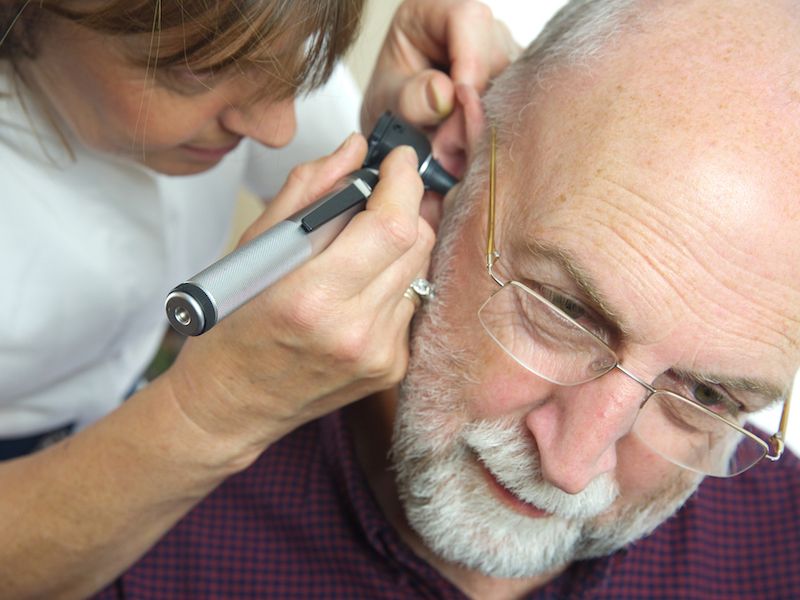
You continue to visit the eye doctor every year if you wear glasses, right? That’s because your eyes change as time passes. In fact, nothing in your body is static, your eyes aren’t and, it turns out, neither are your ears. That’s why even after you buy hearing aids, you have to continue getting your ears checked just like you do with your eyes.
Unfortunately, many people miss those regular checkups. It’s easy to overlook going in to consult with your hearing care expert because you’ve been occupied with enjoying life. Or it could be that your job has been stressful lately. You could even be so satisfied with your hearing aids that you simply didn’t feel you need to go back in. You would normally consider that to be a good thing.
In the long run, for people with hearing impairment, it is even more crucial to have even one follow-up appointment. However, many people ignore ongoing care. According to one survey, only 33% of seniors with hearing aids also used regular hearing services.
After You Get Hearing Aids, Why Should You Need to Get Normal Checkups?
Your hearing is dynamic. It changes over time. It’s important to modify the hearing aids to counter those changes. Issues can be recognized early and your hearing aids can be tweaked accordingly.
And that’s not even the only reason why it may be a good idea to maintain regular appointments with a hearing professional once you get your hearing aids. Some of the most prevalent reasons to make sure you show up to your next appointment include:
- Hearing aid calibration: Even though your overall hearing health might remain stable, small changes in your hearing might produce the need for annual adjustments of your hearing aid. Without this calibration, your hearing aids could gradually become less effective.
- Degeneration of hearing: Even with a hearing aid, your hearing may continue to deteriorate. If this deterioration is slow enough, you likely won’t know it’s occurring without the aid of a hearing assessment. Hearing decline can often be slowed with appropriate alterations to your hearing aids.
Besides keeping up with changes in your hearing, it’s crucial to occasionally get a professional cleaning. We can help make sure your hearing aid is functioning the way it is supposed to, clean all the little parts and keep it in top notch condition.
If You Don’t Follow up With Regular Check Ups There is a Consequence
If you get frustrated with your hearing aids, say because they don’t work the way you thought they would, you might just discontinue using them and that wouldn’t be good. Hearing aids make your all-around health better and also, of course, makes your hearing stronger. You may not recognize it immediately, but your hearing may decline quicker if you stop wearing your hearing aids. Increased concern of hearing problems, along with mental decline, have been attached to hearing loss.
If you really want your hearing aids to keep working at the most effective level, regular examinations are going to be your best bet in the way of accomplishing that. So that you can make sure your hearing aids are working as they should be you should have annual hearing examinations. So now it’s time to make your hearing appointment.
